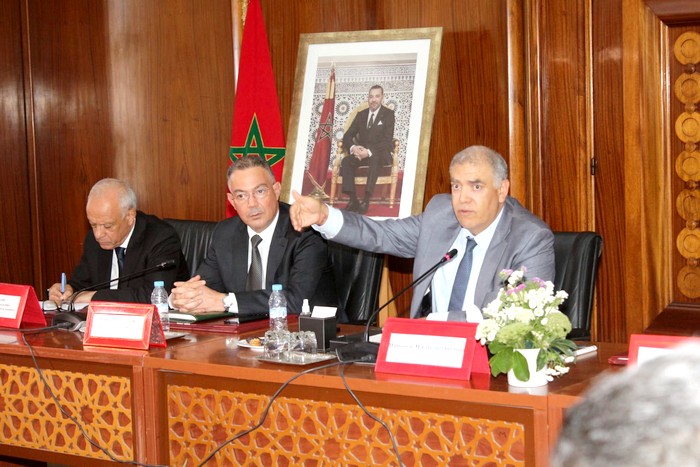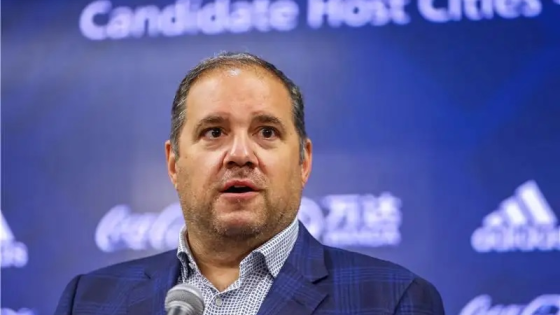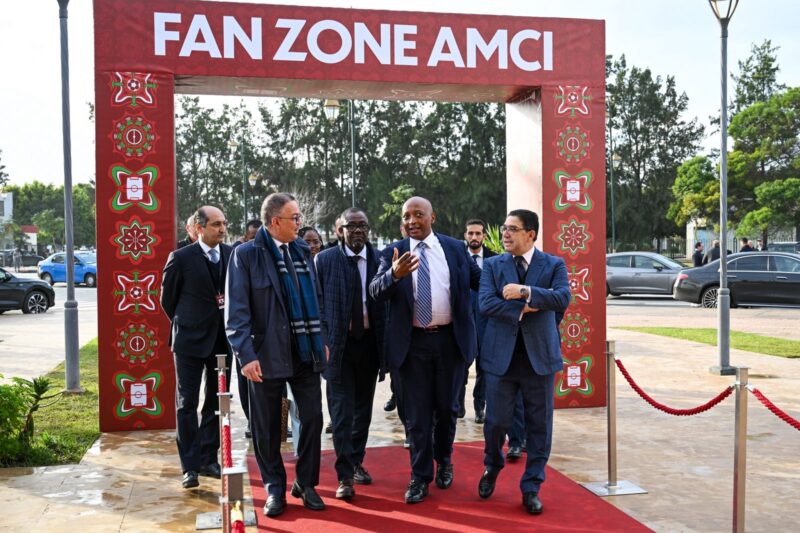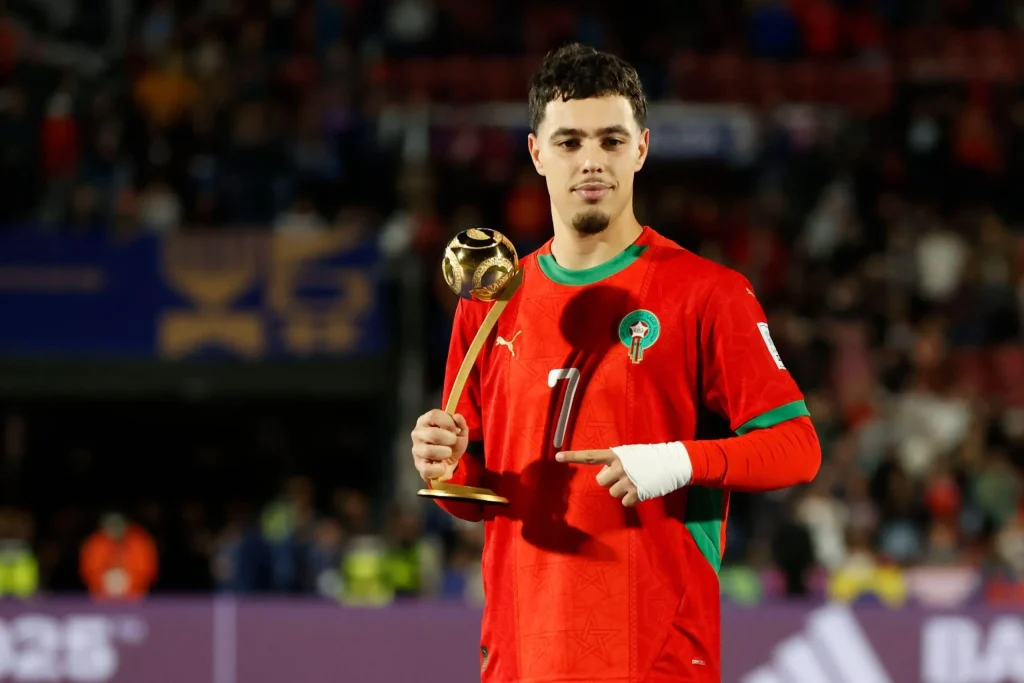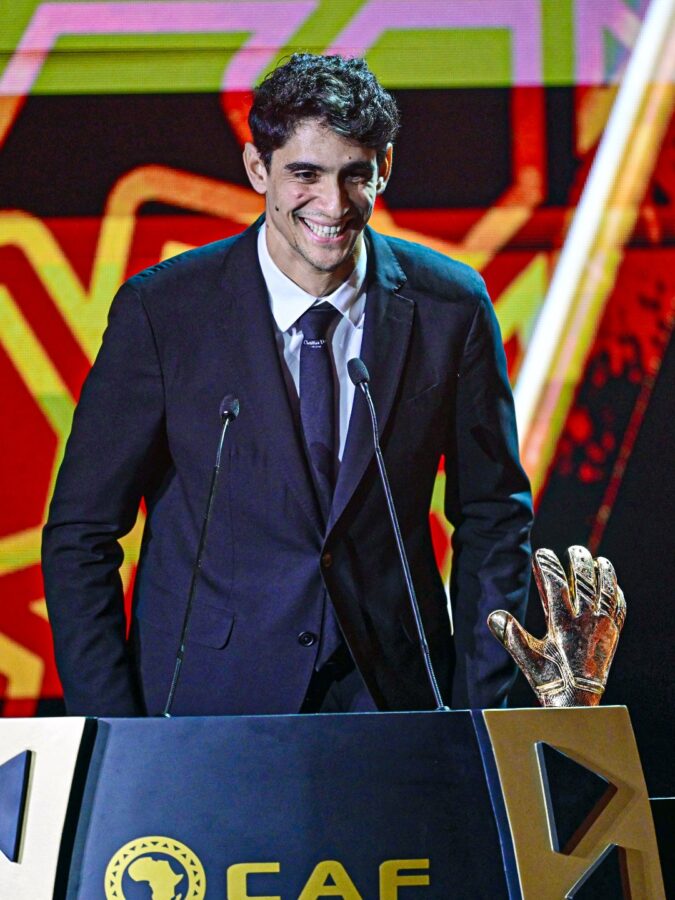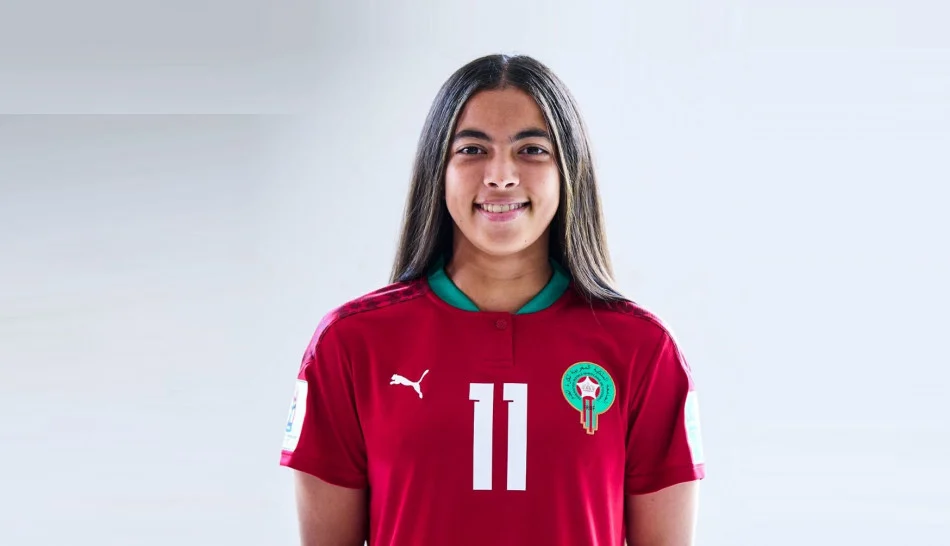Regional officials in Morocco say infrastructure projects for the 2025 Africa Cup of Nations (AFCON) are progressing steadily, with completion expected ahead of schedule.
Following a meeting at the Interior Ministry in Rabat on Thursday, the presidents of the regional councils for the six host cities—Rabat, Casablanca, Tangier, Fez, Marrakech, and Agadir—voiced full commitment to ensuring the success of the tournament and future global sporting events, including the 2030 FIFA World Cup.
Abdellatif Maâzouz, President of the Casablanca-Settat Regional Council, said all infrastructure linked to AFCON 2025 would be ready by July. “There is a clear vision for both AFCON and the 2030 World Cup, including infrastructure, human resources, and entertainment,” he told reporters. He also highlighted a major tourism initiative designed to capitalize on the expected influx of international visitors.
Rachid El Abdi, President of the Rabat-Salé-Kénitra Regional Council, said the meeting allowed participants to assess the progress of key infrastructure projects, including stadiums, transport, hospitality, and training programs. All projects, he said, are aligned with international standards.
Omar Moro, President of the Tangier-Tetouan-Al Hoceima Regional Council, reported that works in his region were already at an advanced stage.
For his part, Karim Achengli, President of the Souss-Massa Regional Council, expressed confidence in the readiness of all host cities, describing AFCON 2025 as a “major opportunity” for economic and infrastructure development.
The Interior Ministry said more than 120 projects are underway across the six host cities. All are scheduled for completion by December, several months ahead of the January 2026 World Cup qualifiers.
Officials said hosting AFCON will enhance Morocco’s international profile and promote its economic, cultural, and tourism sectors while injecting momentum into national development.
